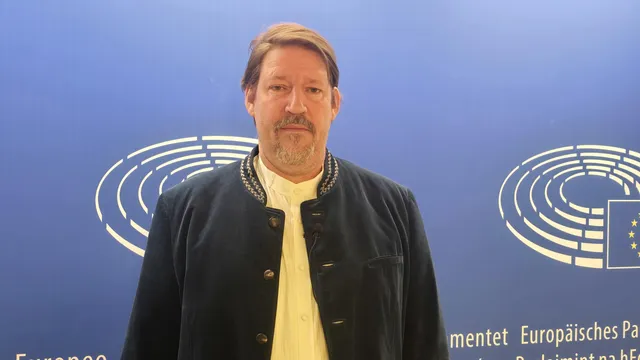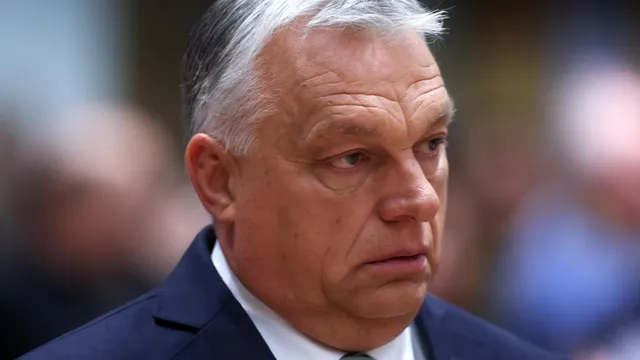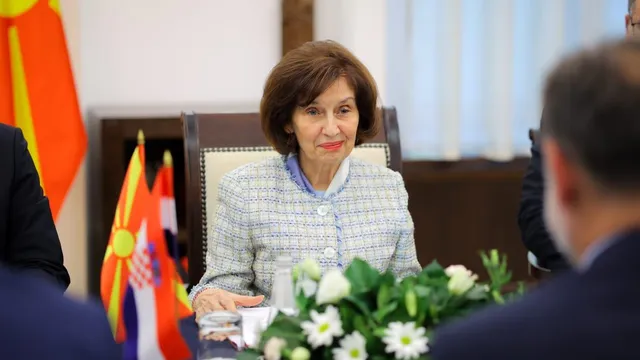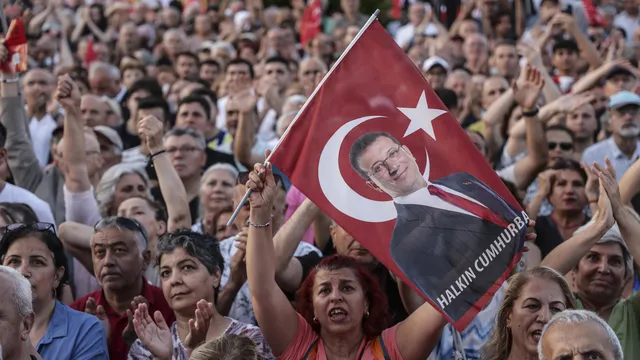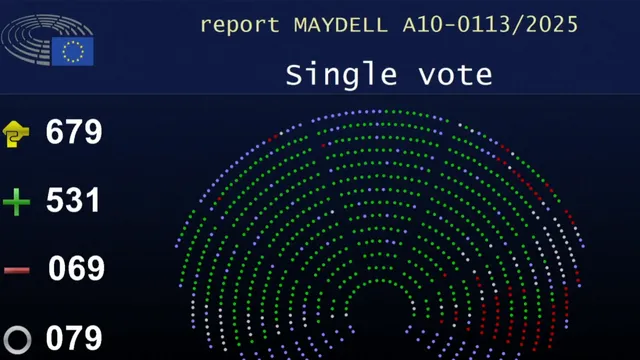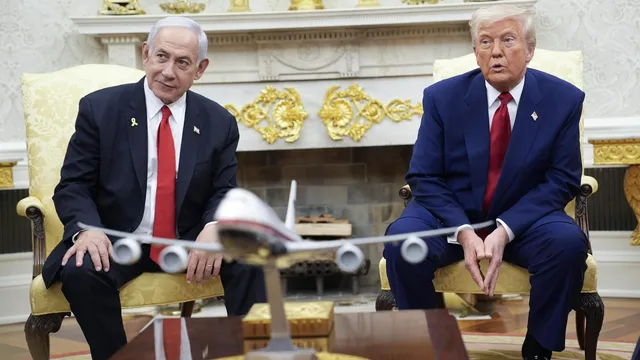There is a lot of foreign influence in North Macedonia. We must fight against it, whether it is Serbian, Chinese, or Russian.
This was stated by the European Parliament's rapporteur for North Macedonia, Thomas Weitz, in Strasbourg, BGNES reported. His report will be voted on July 9.
He emphasized that the report includes the condition for a constitutional change, specifically — the inclusion of the Bulgarians in it.
The report highlights hate speech and hate crimes, the need for rule of law, and the fight against corruption, Waitz stated, also calling for media freedom and clear transparency regarding media ownership.
The European Commissioner for Enlargement, Marta Kos, said on her part that the only way forward — “first and foremost — is the constitutional change.” She urged Skopje to respect fundamental rights, freedom of expression, and media freedom.
Ivaylo Valchev (ITN/ECR) asked his colleagues: “In which country can a person be convicted for quoting historical figures? In which country are people attacked because of their origin? And which country allows itself to violate international agreements?”
“Today, Ljupcho Georgievski (macedonian bulgarian) is with us in the chamber, and he can answer these questions because he is a worthy Bulgarian who is threatened with a sentence only because he had the courage to call himself a Bulgarian from Macedonia. I sincerely believe that the path of the Republic of North Macedonia is to become part of Europe, but the authorities there must abandon their masters in Belgrade and Budapest and defend human rights, and fulfill the commitments they have undertaken,” Valchev added. He also addressed the public in North Macedonia: “Mickoski (Prime Minister) is lying to you.”
Andrey Kovatchev from GERB/EPP said that the politicians in Skopje are sabotaging the Euro-integration process and the European Union must not turn a blind eye to this.
“Instead of reforms and real progress, we see populism, nationalist rhetoric, and a convenient portrayal of Bulgaria as the enemy that is blocking the country’s European integration. This policy leads to direct repression against people who have preserved their Bulgarian identity — descendants of the majority of Macedonian Bulgarians. They are subjected to pressure, discrimination, and open threats, as in the case of Mr. Georgievski — one of the most prominent representatives of the Bulgarian community,” he noted. “Do not waste your citizens time,” Kovatchev also said to the politicians in North Macedonia. “May the dawn of freedom rise as soon as possible,” he added. | BGNES

 Breaking news
Breaking news
 Europe
Europe
 Bulgaria
Bulgaria
